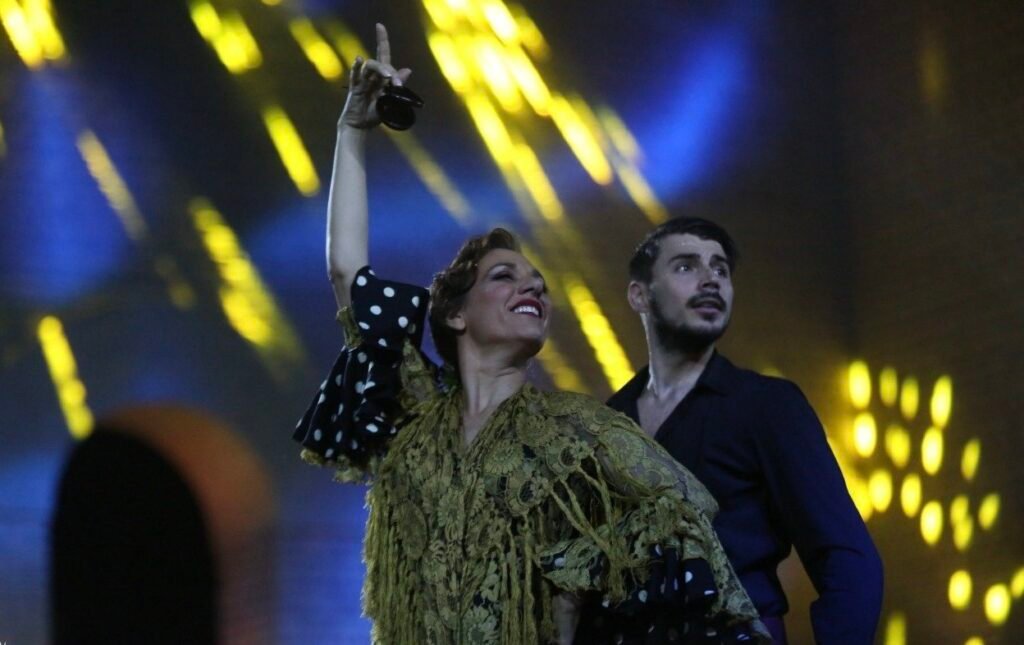The musical identity of Babylon came to life through a stunning performance by the Oud Orchestra during the Babylon International Festival. Over 6,000 enthusiastic attendees gathered to experience a magical night of music and culture. The orchestra blended traditional Iraqi sounds with modern arrangements, captivating the audience from start to finish.

The festival brought global attention to the cultural richness of Babylon. Through diverse performances, it highlighted Iraq’s artistic legacy and revived the city’s historical charm. Visitors and performers from across the world expressed admiration for the event’s atmosphere and talent.
During the concert, Mustafa Zair, leader of the Oud Orchestra, shared insights into their musical vision. He explained that the orchestra aims to modernize traditional Iraqi music while nurturing young musicians. Their approach includes academic training to raise new generations of skilled performers.
Zair also described how they expand the presence of the oud within orchestral setups. Normally seen in small groups, the oud now features as part of a large ensemble, like other string instruments. This technique allows for dynamic, layered musical expressions. He emphasized their commitment to preserving heritage while appealing to contemporary audiences.

Audiences responded warmly to the reimagined versions of beloved Iraqi compositions. Zair considered it a dream fulfilled to open one of the region’s most iconic festivals. He noted that the musical identity of Babylon remains central to the festival’s enduring appeal.
The concert also honored legendary Iraqi musicians like Riyadh Ahmed, Kazem Al-Saher, and Saadoun Jaber. Through young talents, the orchestra paid tribute to those who shaped Iraq’s musical journey.
Spanish flamenco dancer “Flamenco” delivered a passionate performance that further enriched the festival’s global flavor. She expressed joy about performing in Babylon, calling music a universal language that connects souls across borders.
Spanish artist Anabel Velos echoed this sentiment. He praised the Iraqi orchestra’s energy and saw clear similarities between Iraqi and Spanish music. Velos noted how rhythm and emotion connect both cultures through shared artistic roots.
In every corner of the festival, the spirit of Babylon came alive again. The musical identity of Babylon united performers and audiences in celebration. With each note played, the festival reinforced Iraq’s place as a cultural powerhouse, reminding the world of Babylon’s timeless legacy.


